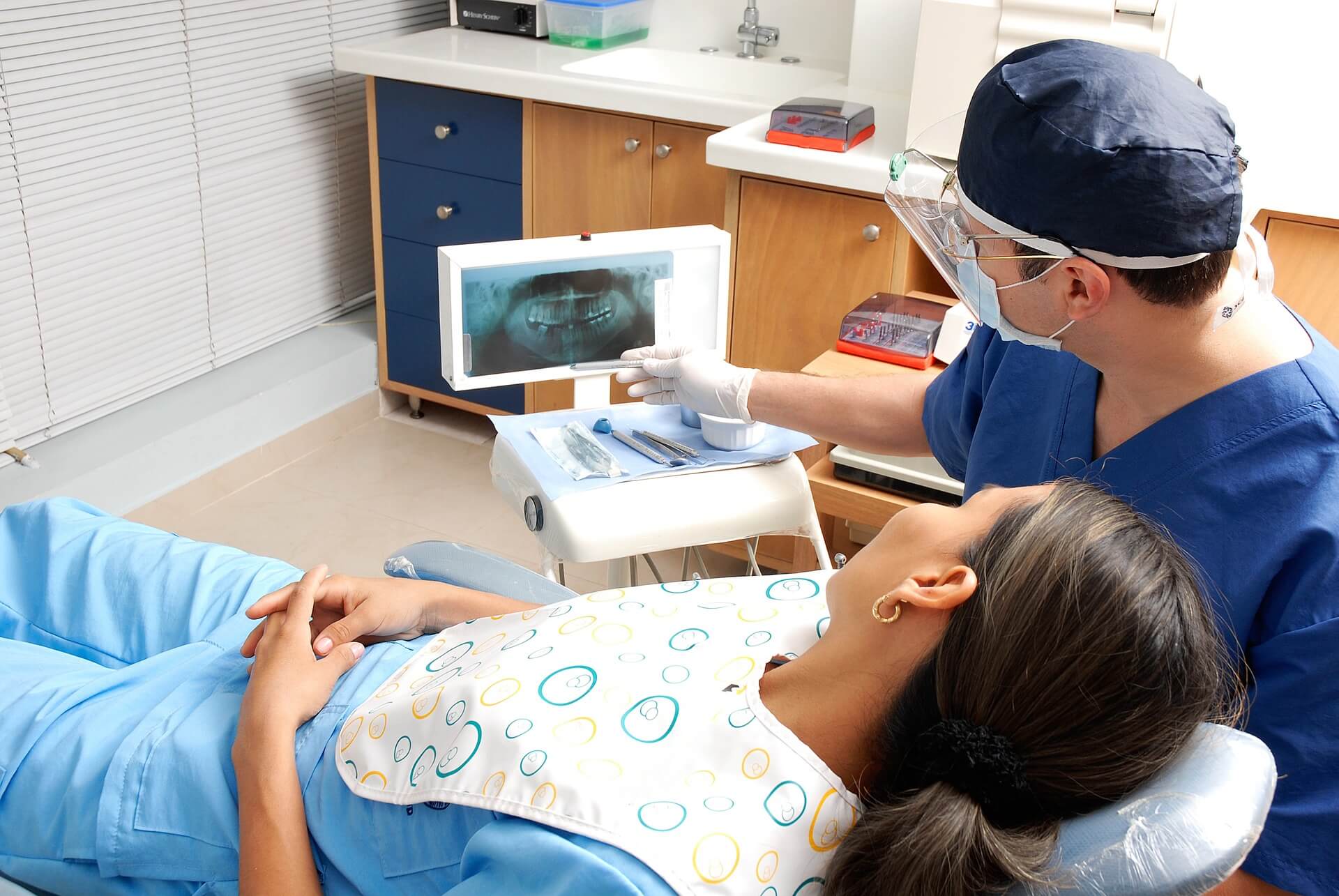Do you know that a dentist can help you with your sleep apnoea? All your tiredness and snoring can be cured if you visit your dentist. Sleep apnoea is not just snoring and feeling fatigued; it is more than that.
We’ve come up with this article in which we’ll make you understand what sleep apnoea is, its symptoms and how a dentist can treat it.
What Is Sleep Apnoea?
Sleep apnoea is a potentially life-threatening sleep ailment in which breathing stops and begins repeatedly. You may have sleep apnoea if you snore loudly and are fatigued even after a full night's sleep.
You may have heard that snoring frequently is a symptom of sleep apnoea. Snoring is, without a doubt, one of the most prevalent symptoms. Not everyone with sleep apnoea, however, snores. Of course, not everyone who snores is suffering from sleep apnoea.
Sleep apnoea is a condition that causes breathing problems while you sleep. Your breath may pause now and then. It's possible that your breathing will become very shallow. Both of these things may occur. You might not even realise you're doing it until a spouse or roommate points it out to you.
Furthermore, there are some common types of sleep apnoea. Following are the explanation of the three types:
- Obstructive sleep apnoea is the most frequent type of apnoea, which happens when the muscles in the throat relax.
- Sleep apnoea is a condition in which your brain fails to deliver correct signals to the muscles that control your breathing.
- Complete sleep apnoea syndrome is when someone has both obstructive and central sleep apnoea, which is also known as treatment-emergent central sleep apnoea.
Symptoms Of Sleep Apnoea
Because the signs and symptoms of obstructive and central sleep apnoeas are similar, it can be difficult to tell. The following are some of the most prevalent signs and symptoms of obstructive and central sleep apnoeas:
- Snoring loudly
- Episodes in which you stop breathing while sleeping which another person might report
- Gasping for air while sleeping
- Wake up with a dry tongue
- Headache in the morning
- Having trouble sleeping or insomnia
- Excessive drowsiness during the day or hypersomnia
- Paying attention while awake is difficult
- Irritability
What Can Your Dentist Do For You If You Have Sleep Apnoea?
Sleep disturbed breathing can be treated by a dentist in mild to moderate situations. While snoring and sleep apnoea are not dental issues, your dentist can check you and discover early warning signals, as well as recommend sleep studies to thoroughly diagnose the problem.
You can build and fit a mandibular advancement device (MAD) based on these findings. While sleeping, this gadget repositions your jaw, keeping your throat's airways from closing and impeding airflow. It is a comfortable and practical treatment for mild to moderate obstructive sleep apnoea.
- MouthguardsThe devices, like mandibular advancement devices, help adjust your lower jaw, albeit to a lesser extent. Mouthguard, which can be purchased online, is recommended by several sleep doctors. Instead of starting with a dentist's impression of your teeth, you can employ what the industry refers to as the "boil and bite" procedure. After a minute in a cup of hot water, you bite down on the softened plastic, which will mould to your teeth.
- Tongue Retaining DevicesThese devices are made up of a soft plastic splint that is wrapped over your tongue and keeps it forward and out of your mouth all night. They tend to dry out your mouth and can be pretty unpleasant.
- Mandibular Advancement DevicesThese devices, which are made of moulded hard plastic and have metal hinges and screws that may be tightened to drive your lower jaw forward, snap over your lower and upper teeth. Some dentists create custom mandibular advancement devices in a dental clinic. But before you buy one, ask your dentist if he or she has experience with sleep-related breathing difficulties.







Follow us